First of all, let’s clear up some semantics. How often do we commonly throw out that phrase ‘side effects’ in regards to all sorts of medical treatments (allopathic and natural), drugs, herbs, and even homeopathic remedies? Really often!!
Actually, there is nothing ‘side’ about them. The effects we experience or observe after a treatment, dosing a medication, or even after eating anything is a DIRECT effect. The negative effects the TV commercials list at lightning speed are direct effects, not side effects.
When drugs are chemically designed by chemists to do something for an illness, the chemists are well aware of the additional effects of the drugs. Typically, choices are made to promote the bottom line and to sell the products in spite of those ‘side’ effects.
Now that we have that cleared up, let’s talk about the ‘side’ effects of altering your animals.
Our polls
We did some polling recently, asking pet parents what their major concerns were about spaying and neutering their furry family members. One of the main worries these folks had about the surgical removal of the gonads included the ‘side’ effects they had experienced before, were experiencing now, or had heard of from others. Here are four areas of concern — but keep in mind they’re not all:
-
Weight gain
-
Urinary incontinence
-
Low energy
-
Cancer risks
As pet parents, our furry companions hold a special place in our hearts. Their well-being is our utmost concern; and understandably we might experience concerns when it comes to decisions about their health, such as the decision to neuter or spay our pets.
Weight Gain: A Balanced Lifestyle
While it is true that many spayed and neutered animals tend to gain weight, I believe a natural lifestyle of Fresh Food, ample exercise and monitoring of thyroid metabolism (in older animals) can do more to impact their weight than anything else. Dogs and cats eating a Fresh Food diet rarely have weight issues, no matter their gonadal status.
The risk of obesity in spayed female dogs rises by a factor of 1.6-2%. But obesity leads to other common health struggles including diabetes, ruptured cruciate ligaments, tumors, urinary disease, and oral disease.
So, the ‘side effects’ of early altering aren’t just about weight, but overall health.
Incontinence, UTI’s and Kidney disease
Although it can be embarrassing when your dog leaves a puddle on the floor in front of your visitors, I also realize it is a frustrating management issue for you as well. Even some sensitive dogs can be embarrassed too.
Recent and older studies have shown the occurrence of "spay incontinence" rises by 4-20%, and the risk of persistent or recurring UTI’s (urinary tract infections) increases by a factor of 3-4. Additionally, these studies have shown spaying also doubles the very small risk (<1%) of developing rare urinary tract tumors, which is in contrast to the message relayed that spaying decreases cancer. Folks aren’t always told it can increase some cancers.
Among the most common two drugs used includes DES (Diethylstilbestrol), the drug given to women to stop miscarriages from 1940-1971, and later banned because of it’s connection to cervical and ovarian cancer, infertility, and other diseases in the daughters of mothers who used the drug. They’re also called: the DES daughters. In high doses (not usually used in dogs) DES can cause bone marrow suppression and cancer risks.
Let’s tell the truth about cancer and spaying our females. Spaying young female dogs increases the risk of splenic and cardiac hemangiosarcoma. The increase of this very common cancer rises by a factor of 2.2 for splenic hemangiosarcoma, and by a factor of >5 for cardiac hemangiosarcoma. In some breeds, this type of cancer is among the top causes of death.
Again, the fear message to push spaying is the reduction in mammary cancers, with the same idea in humans that having estrogen in your body leads to breast cancer. These ideas never take into account the vast number of carcinogens in our foods, water, air, vaccines and everywhere else!
More significant, research is showing that spaying young females significantly increases the risk of osteosarcoma (bone cancer), a common cancer in larger breeds that has a very poor prognosis.
If that makes you stutter, it should.
Low Energy: Nurturing Vitality
The notion of neutered pets having lower energy levels is often rooted in the assumption that hormonal changes post-neutering or spaying are the sole factors influencing energy levels. However, energy levels are influenced by a multitude of factors - including genetics, diet, exercise, and overall well-being - but I would have to say the top three factors I see influencing low energy are:
-
hormonal changes
-
inappropriate/poor diets
-
poor mental stimulation
Giving your dogs Fresh Foods (I know, I sound like a broken record!), lots of exercise, sunshine, and socialization might give you a worn out dog, but also a happy dog that is full of energy when needed.
Hormonal Harmony: A Natural Perspective
A holistic perspective encourages us to view hormones not as disruptors, but as vital components of the body's symphony. In the wild, intact animals experience natural hormonal rhythms that contribute to their overall health and vitality. Embracing this perspective allows us to consider how we can support our pets' hormonal balance through nutrition, supplements, and other natural approaches.
I suggest you look before you leap, study the research, and then spay or neuter at the optimal time for the holistic health of your pet.
In summary
As you navigate the choices surrounding neutering and spaying, it's important to remember that a holistic approach to pet care considers the entirety of your pet's well-being. Weight management, incontinence, cancer, and energy levels are not simply consequences of reproductive choices, but outcomes influenced by a variety of factors that you can change and manage specifically for your pets’ unique needs.
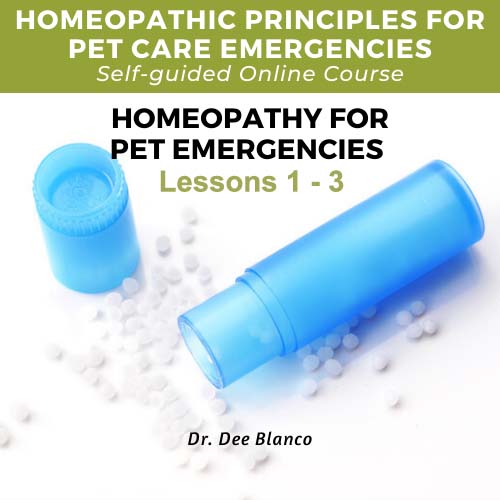
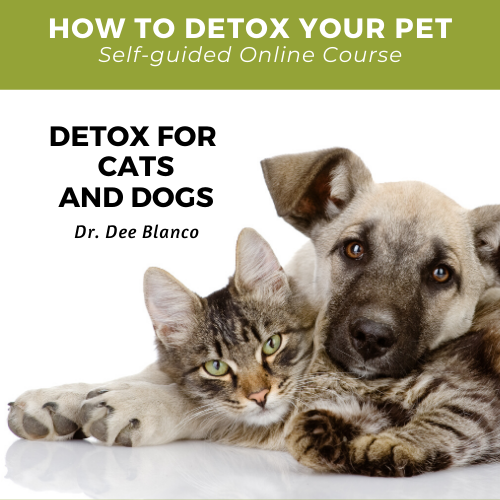
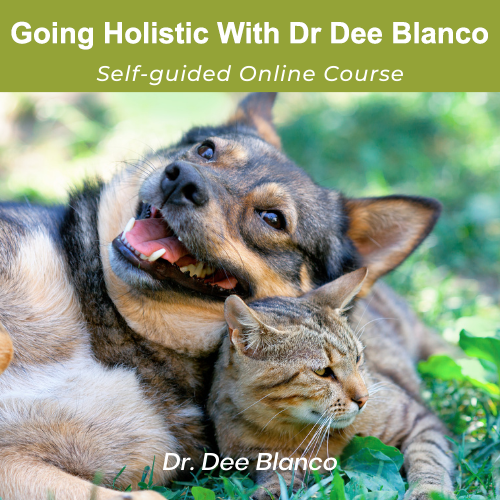

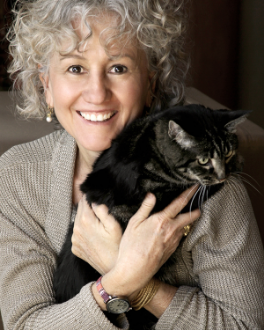
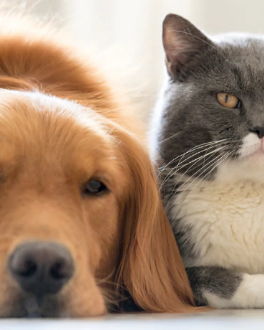

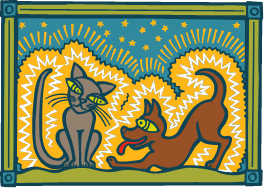

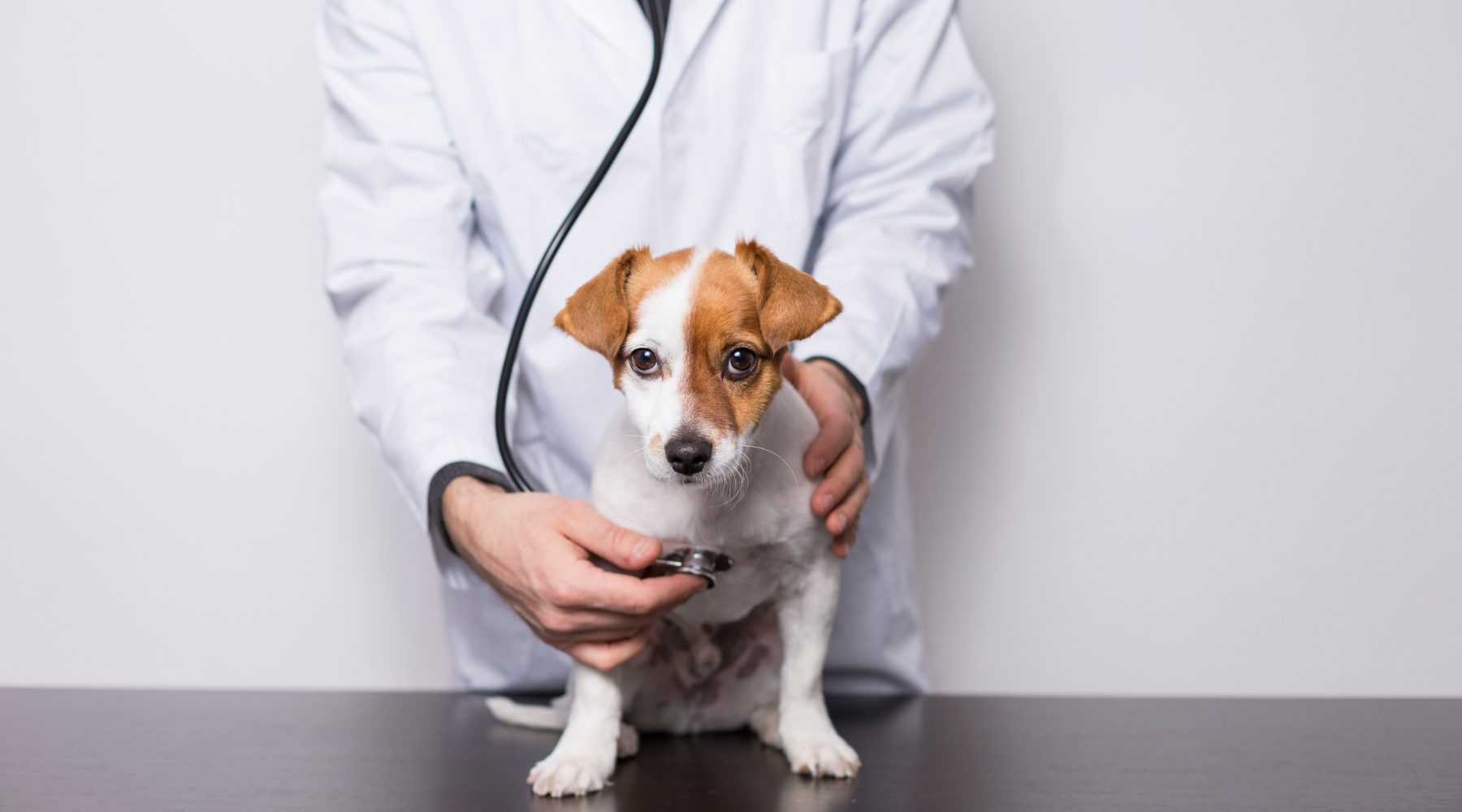
1 comment
Brandy Marty
I rescued a 14 year old female pomeranian who is recently getting back to back UTI and is now having accidents leaking incontinent and stage 1 kidney failure. How can I stop this cycle. Antibiotics only work while she’s on them then another UTI and I don’t want to use medications for incontinence and leaking but haven’t found anything natural that works!! I’m exhausted.
———
Dr Dee Blanco replied:
Brandy,
This is now something that needs a holistic vet to treat specifically. I couldn’t recommend one product with good conscience as that would be superficial treatment.
Homeopathic remedies can start the process by removing the layer of energetic disturbance caused by the antibiotics, then addressing the deeper issue of the UTI’s. A diet change would also be in order.
What you are experiencing is typical of so many animals with chronic disease and then on the merry go round of drugs that never really cure the situation.
I rescued a 14 year old female pomeranian who is recently getting back to back UTI and is now having accidents leaking incontinent and stage 1 kidney failure. How can I stop this cycle. Antibiotics only work while she’s on them then another UTI and I don’t want to use medications for incontinence and leaking but haven’t found anything natural that works!! I’m exhausted.
———
Dr Dee Blanco replied:
Brandy,
This is now something that needs a holistic vet to treat specifically. I couldn’t recommend one product with good conscience as that would be superficial treatment.
Homeopathic remedies can start the process by removing the layer of energetic disturbance caused by the antibiotics, then addressing the deeper issue of the UTI’s. A diet change would also be in order.
What you are experiencing is typical of so many animals with chronic disease and then on the merry go round of drugs that never really cure the situation.